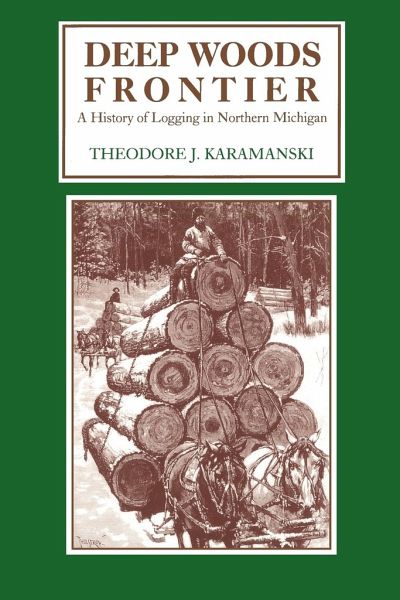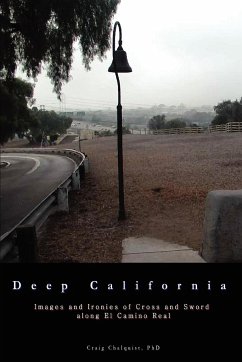
Deep Woods Frontier
A History of Logging in Northern Michigan
Versandkostenfrei!
Versandfertig in 1-2 Wochen
29,99 €
inkl. MwSt.

PAYBACK Punkte
15 °P sammeln!
In Deep Woods Frontier, Theodore J. Karamanski examines the interplay between men and technology in the lumbering of Michigan's rugged Upper Peninsula. Three distinct periods emerged as the industry evolved. The pine era was a rough pioneering time when trees were felled by axe and floated to ports where logs were loaded on schooners for shipment to large cities. When the bulk of the pine forests had been cut, other entrepreneurs saw opportunity in the unexploited stands of maple and birch and harnessed the railroad to transport logs. Finally, in the pulpwood era, "weed trees," despised by pre...
In Deep Woods Frontier, Theodore J. Karamanski examines the interplay between men and technology in the lumbering of Michigan's rugged Upper Peninsula. Three distinct periods emerged as the industry evolved. The pine era was a rough pioneering time when trees were felled by axe and floated to ports where logs were loaded on schooners for shipment to large cities. When the bulk of the pine forests had been cut, other entrepreneurs saw opportunity in the unexploited stands of maple and birch and harnessed the railroad to transport logs. Finally, in the pulpwood era, "weed trees," despised by previous loggers, are cut by chain saw, and moved by skidder and truck. Narrating the history of Michigan's forest industry, Karamanski provides a dynamic study of an important part of the Upper Peninsula's economy.












